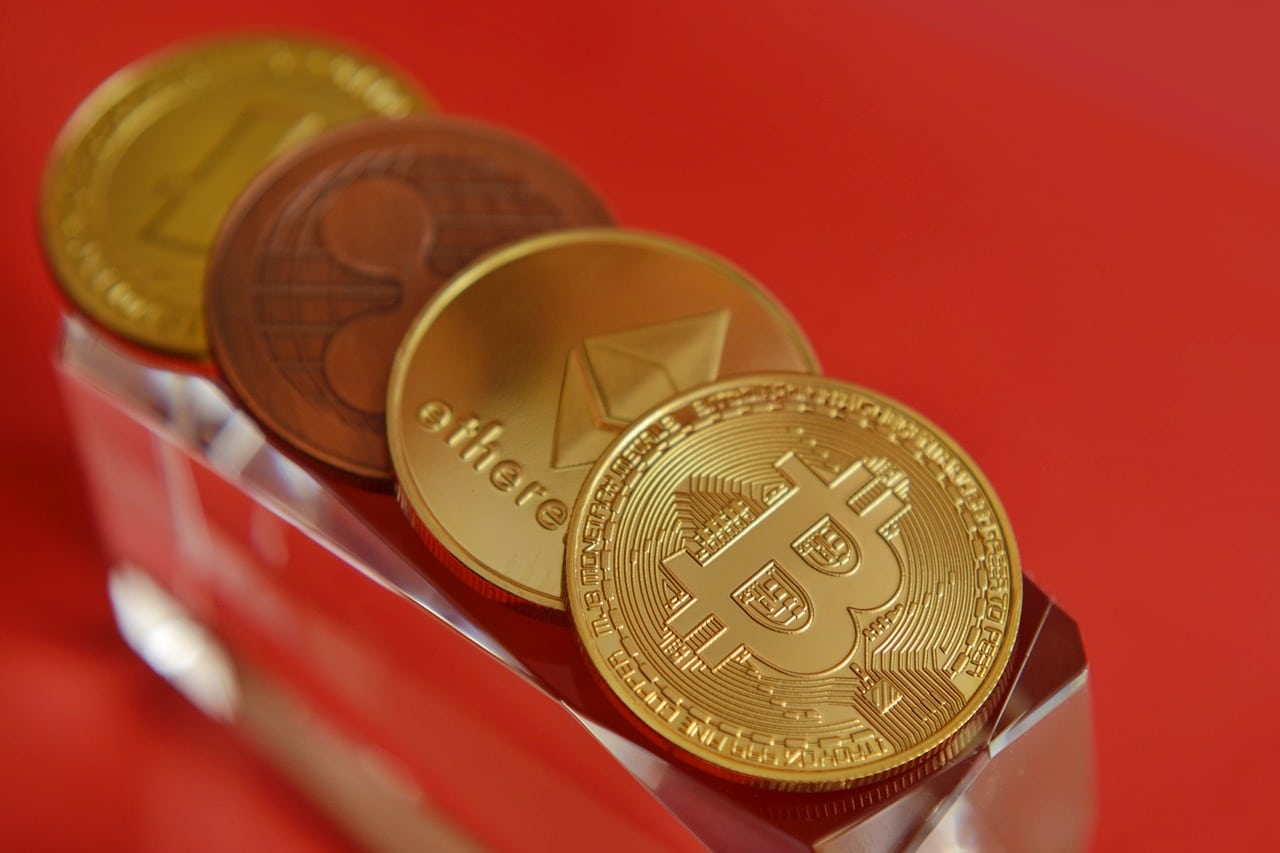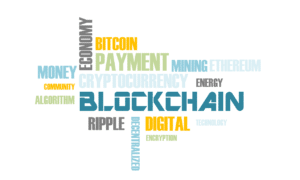The decentralized exchange (DEX) is a platform that cuts out the third person or the middleman and allows the users to trade cryptocurrency directly with one another. Through this platform, traders retain their control of their funds at all times rather than to provide an exchange provider, while trades are executed using smart contracts.
DEXs are present on a network of distributed nodes, that reduces the risk of hacking and also solves the problem of server downtime that restricts the users’ ability to trade. DEXs provides an open and transparent network which make the crypto trading accessible to everyone.
There are several decentralized exchanges present around the world that are already live and provides peer-to-peer trading across a range of cryptos.
How they are different to Centralized Cryptocurrency Exchange
DEX does not require third parties whereas Centralised Cryptocurrency Exchange require the use of a third party to complete transactions. Centralised Cryptocurrency Exchange provides lot of liquidity, which is lacking in decentralized exchange. Further, decentralized exchanges lack a simple user interface and user experience, that limits their reach whereas Centralised Cryptocurrency Exchange are simple to use.
Unlike centralized exchanges, the decentralized exchanges are not coordinated by one entity. The decentralized exchanges run on a distributed ledger, like cryptocurrencies themselves do. This structure means that a decentralized exchange does not hold customers’ funds, positions, or information, and only provides the platform for matching and routing layer for trade orders.
Moreover, decentralized exchanges have low transaction volume compared to Centralised Cryptocurrency Exchange
Benefits of Decentralized Cryptocurrency Exchange
The major advantage of decentralized exchanges is that they allow for trustless transactions. There are several other advantages to the DEX approach. The distributed nature of the network significantly reduces the risks of hacking and server downtime. DEXs offers minimal fees compared to centralized platforms. Decentralized exchanges also allow users to maintain their privacy and trade without disclosing all their personal details
Drawback of Decentralized Cryptocurrency Exchange
- Currently, Decentralized Cryptocurrency Exchange do not provide as much liquidity as centralized exchanges
- Some platforms provides limited customer support
- There is a lack of regulation, which may concern some users
- Many do not provide as many advanced trading tools as centralized exchanges
Could Gain Popularity in the coming months/years?
Last year, the people saw a hack that cost Bitfinex over $70 mln and, in 2017, the sudden closure of BTC-e. It is also seen the power that regulatory entities can have over the crypto ecosystem, with countries like China banning ICOs and even cryptocurrency exchanges altogether.
The security issues have affected the cryptocurrency trading platforms and online wallets since the inception of crypto. On the back of promising tests being conducted on atomic swap technology by projects like Komodo, the Altcoin Exchange and many others, the prospect of fully decentralized exchanges seems to be getting closer to reality every day.













